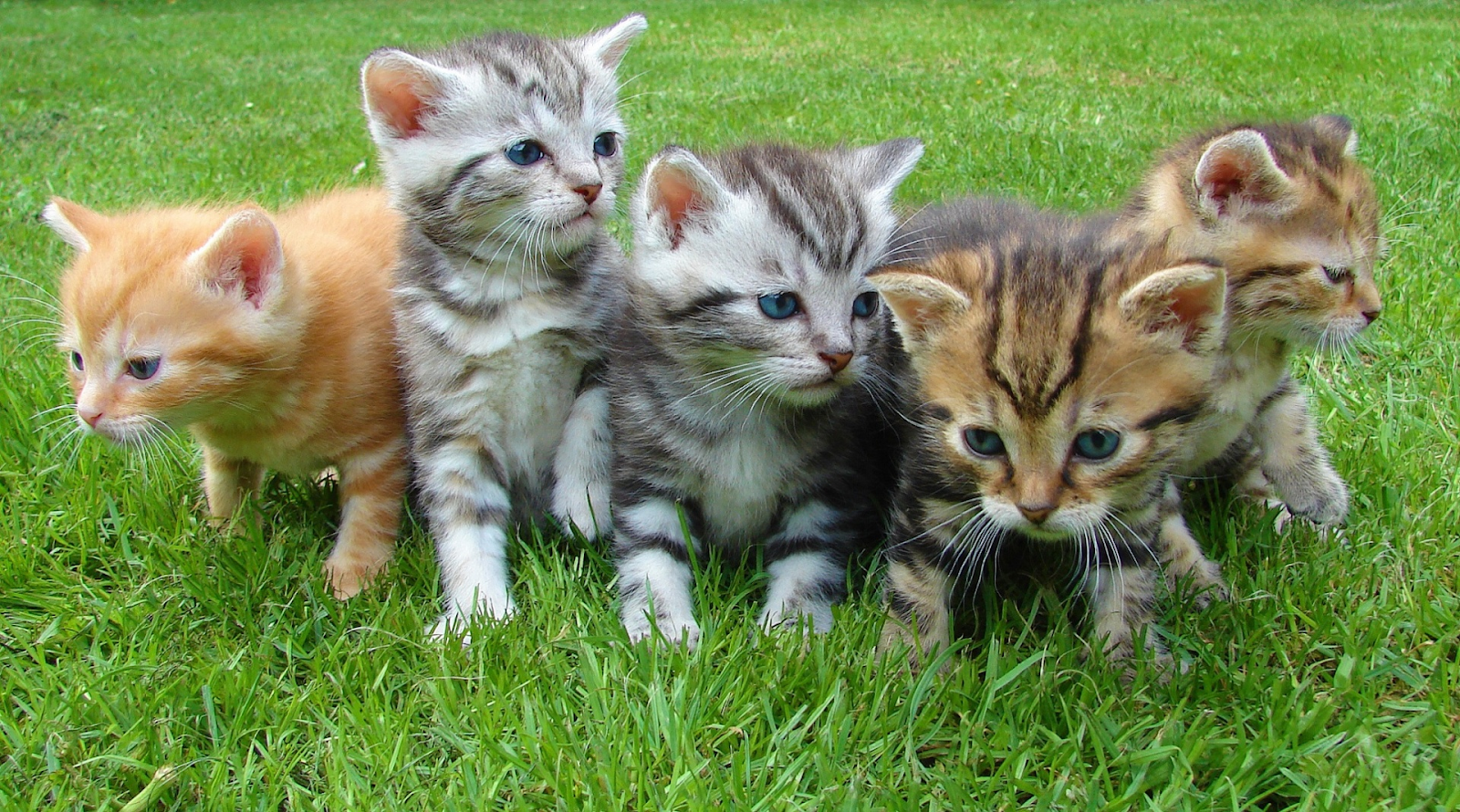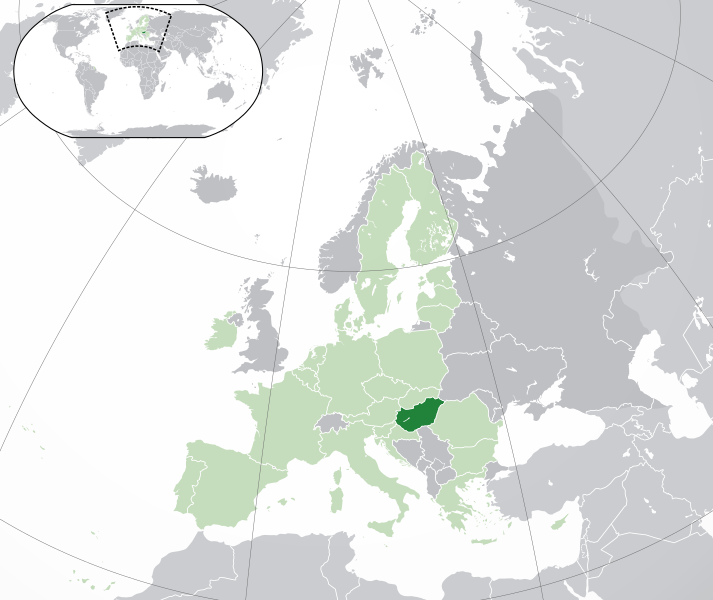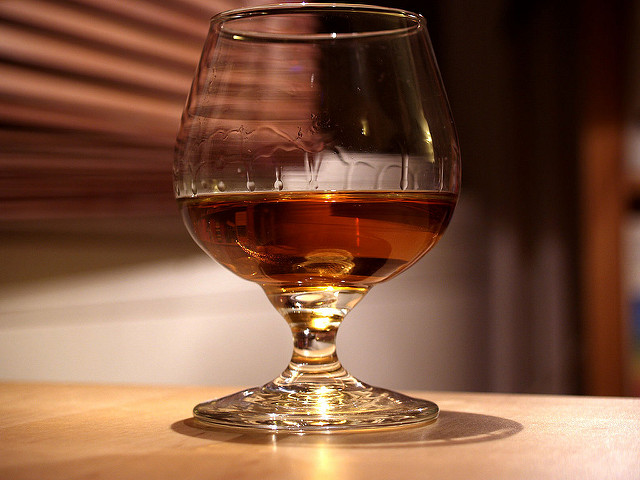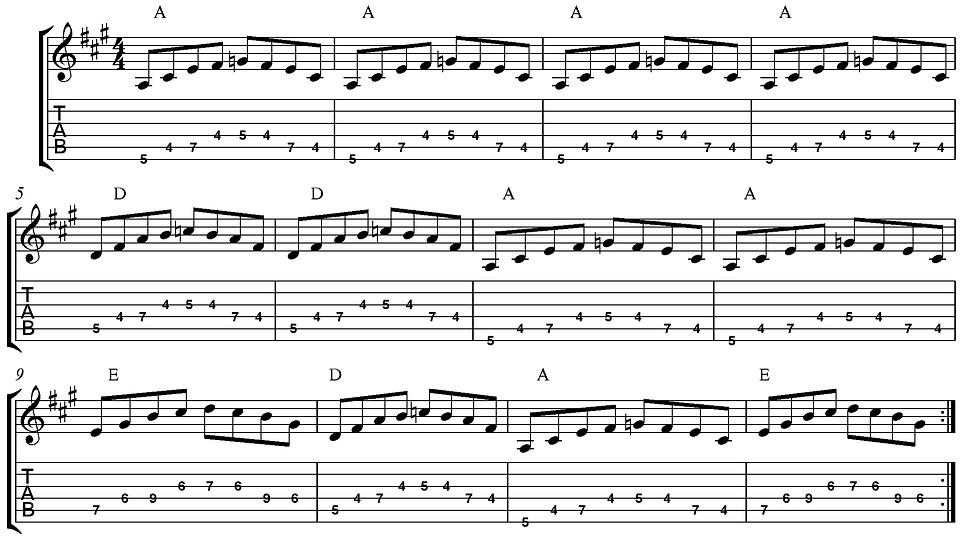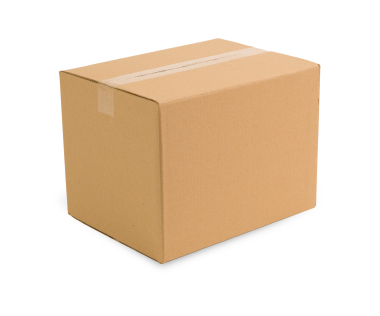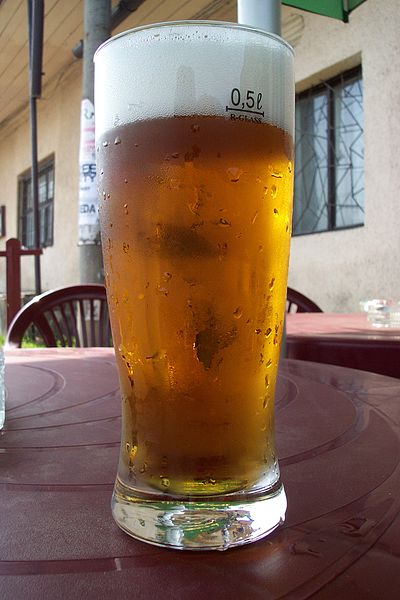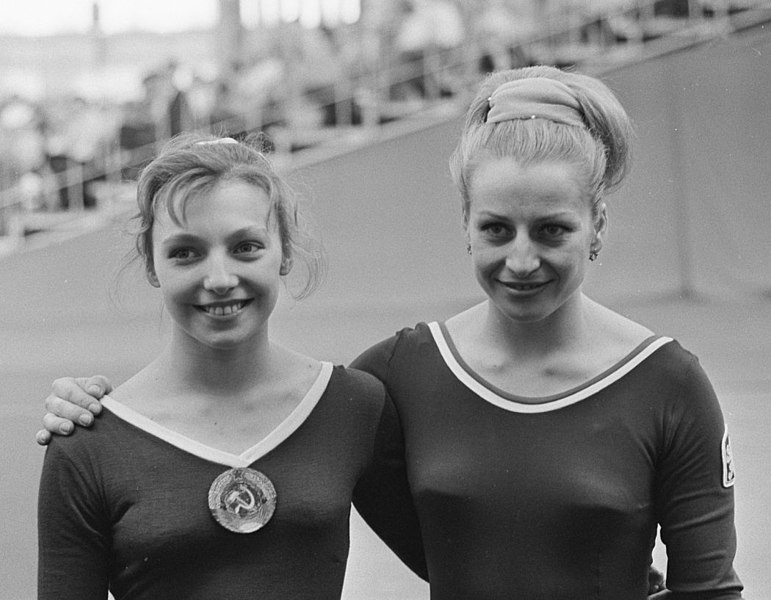1.2 – "soft" pronunciations
writing the sounds ť, ď, ň
A lot of times you’ll see the letters ť, ď and ň written just as you see them here (with an apostrophe or háček over them to indicate their soft pronunciation). This is the case before the vowels a/á, o/ó, u/ú, and at the end of the word, e.g. –
|
ť |
koťata ‘kittens’ |
ťuknout ‘to tap’ |
|
ď |
Maďarsko ‘Hungary’ |
Vláďovi ‘to Vláďa’ |
|
ň |
koňak |
píseň ‘song’ |
before i, í, or ě
However, when followed by the vowel letters i, í, or ě, they are written without the háček. In other words, d, t, n + i, í or ě are pronounced ď, ť, ň
|
|
+ ě |
+ i |
|
ť |
tělo ‘body’ |
studenti ‘students’ |
|
ď |
dělat ‘to do’ |
kamarádi ‘friends’ |
|
ň |
něco ‘something’ |
nic ‘nothing’ |
p, b, v, m + ě
When these consonants are followed by ě, they are pronounced with a j sound. The one exception is m + ě, which is pronounced with ň sound after the m (i.e. mě is pronounced [mně]).
|
|
Is pronounced as if it were spelled… |
Example word |
|
p + ě |
[pje] |
pěna ‘foam’ [1] |
|
b + ě |
[bje] |
běhat ‘to run’ |
|
v + ě |
[vje] |
Věra ‘Vera’ |
|
m + ě |
[mně] |
město ‘city’ |
Images used in this document come from these sources.
[1] This might seem like a strange word to know, but Czechs actually value the foam on the top of a beer more than you might expect. It is a sign that the beer was freshly poured and also contributes to aromatic qualities of the beer. In fact, receiving a beer without a foaming head at the top is almost unheard of in any decent establishment.
